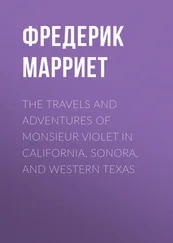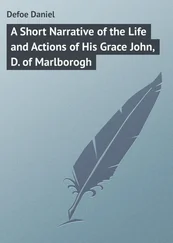The Chippewyans, whose bleak and inhospitable country, affords neither birch bark nor other similar article, indeed nothing from the vegetable kingdom to serve as a substitute for the birch bark, and whose extreme rudeness has left them ignorant of any method of preparing from stones or earth any things suitable to write or delineate figures upon, use, in their preparations for the medicine hunt, the scapular bone of the rein deer, or such other animals as are found in their country. With an apparent poverty of language, corresponding to the meagerness of their soil, and the bluntness of their intellects, they denominate the drawing used in this kind of hunting, El-kul-lah ke-eet-ze, (the shoulder blade bone.) It would appear, also, that the accompanying ceremonies of this superstition are prorportionately rude and inartificial. After awkwardly sketching the rein deer, or whatever animal they may happen to consider as indicated to them by their dream, they cast the bone on which the drawing is made into the fire, if, by chance, they happen to have one, and this fulfills all those important ends, which, in the imagination of the Ojibbeway hunter, are dependent upon the proper application of his medicines, and the patient chanting of his prayers.
Match-a-to-ge-wub , (in the Cree, Mait-cha-to-ke-wub,) in the Ojibbeway, means nearly “Many Eagles sitting.”
Ne-je, my friend, used to males; and nin-dong-gwa, used by females to one another.
Needjee – my friend, is commonly used in friendly conversation; but, as in our language, is often used with a peculiar tone and manner, when a threat is intended.
Many of the names of white men in the northwest and in other parts of the country, which are mentioned in this narrative, are grossly misspelt; the same principle having been followed in writing both foreign and Indian names, in all instatnces where the name the narrator intended to mention did not immediately recur to the recollection of the writer. Thus Codman is here written for Coltman : in other places, Maveen for Mainville; Tussenon for D’Orsonnens, etc. It is also not improbable that names may have become confounded in the mind of our hunter himself, who appears to have been more conversant with Indians than white men. Thus, in his account of the murder of a governor of the Hudson’s Bay Company, of the name of M’Donald, or M’Dolland, he may possibly have used one of these names in place of that of Mr. Semple, who was one of the victims to that spirit of bloody rivalry which occasioned these troubles between the trading companies. This want of precision, particularly in the spelling of names, will not, with the candid, impair the credibility of this humble narrative.
Some of the circumstances of this murder seem to identify it with that of Keveny, for which Charles De Reinhard and Archibald M’Lellan were tried at Quebec, in 1818, and the former condemned to death. De Reinhard, Mainville, and Jose, or Joseph, an Indian, otherwise called the Son of the White Partridge, seem to have been the immediate actors in this affair. It is not surprising that Tanner, who was then, as far as opportunities for particular information on this subject were concerned, on a par with the wildest Indian, should have mistaken foreign names, as well as the comparative rank and importance of foreigners in the country.
O-poih-gun – pipe; O-poih-gun-nun – pipes.
Ka-gah-gum-ming, almost water.










